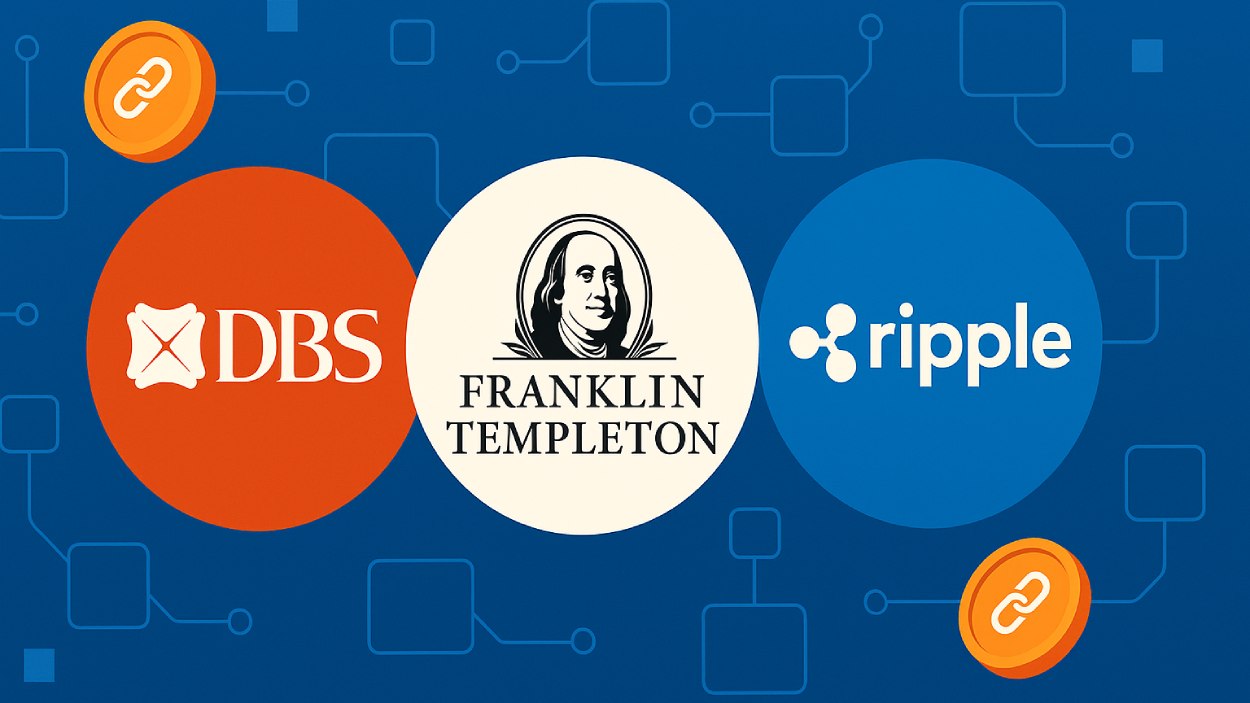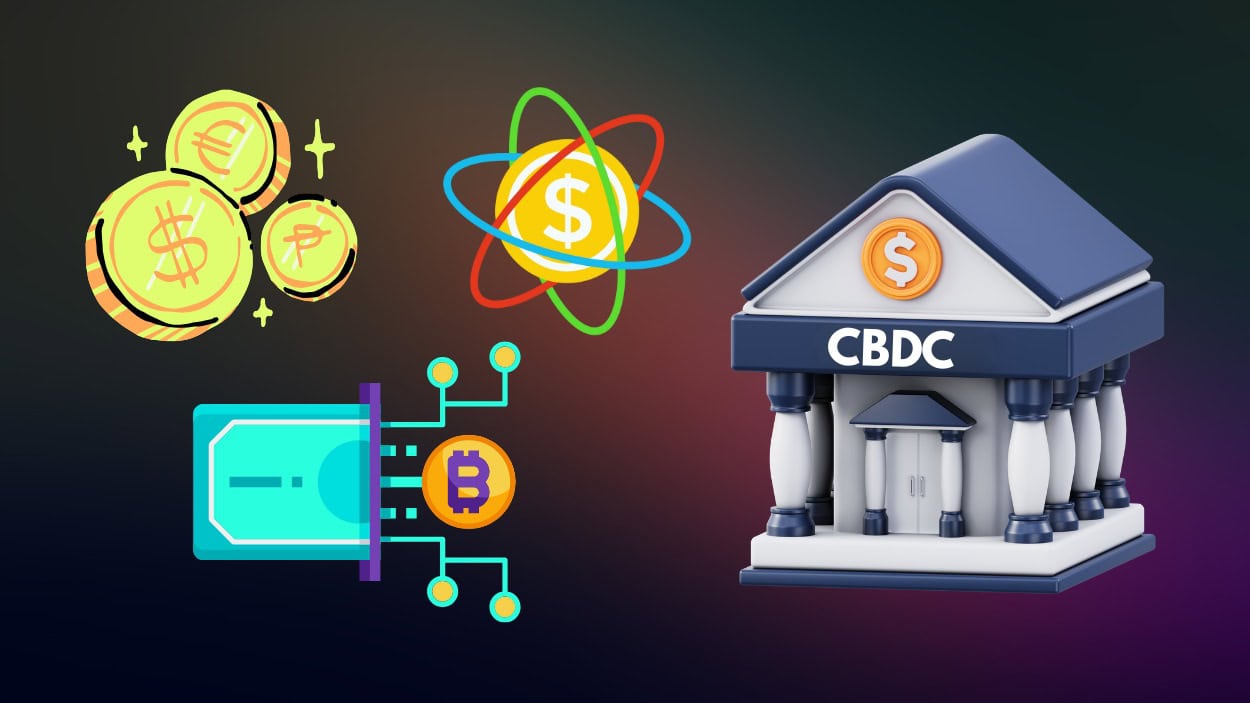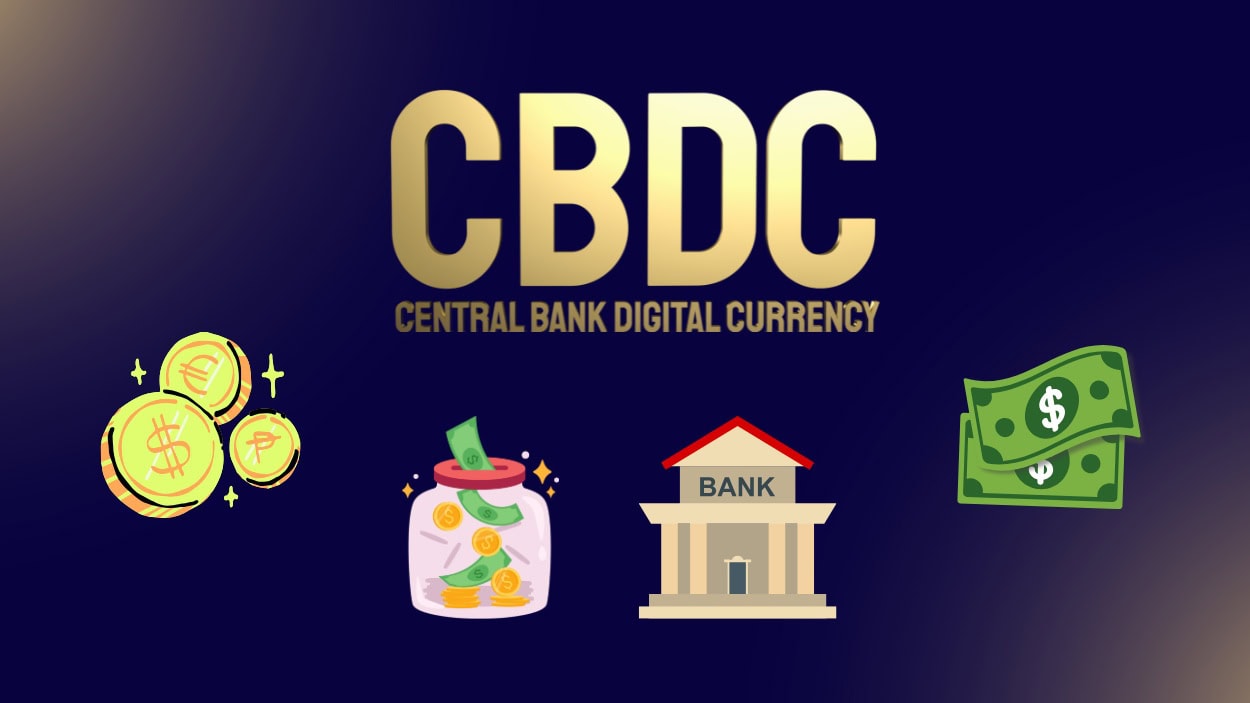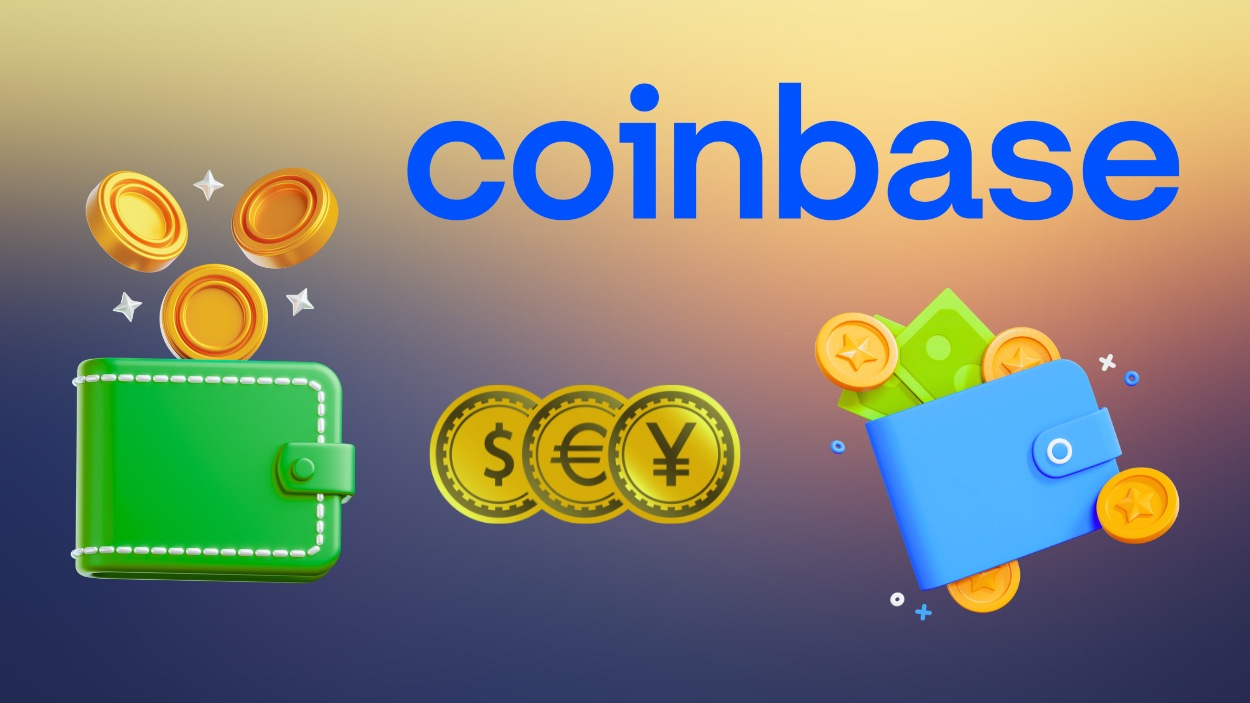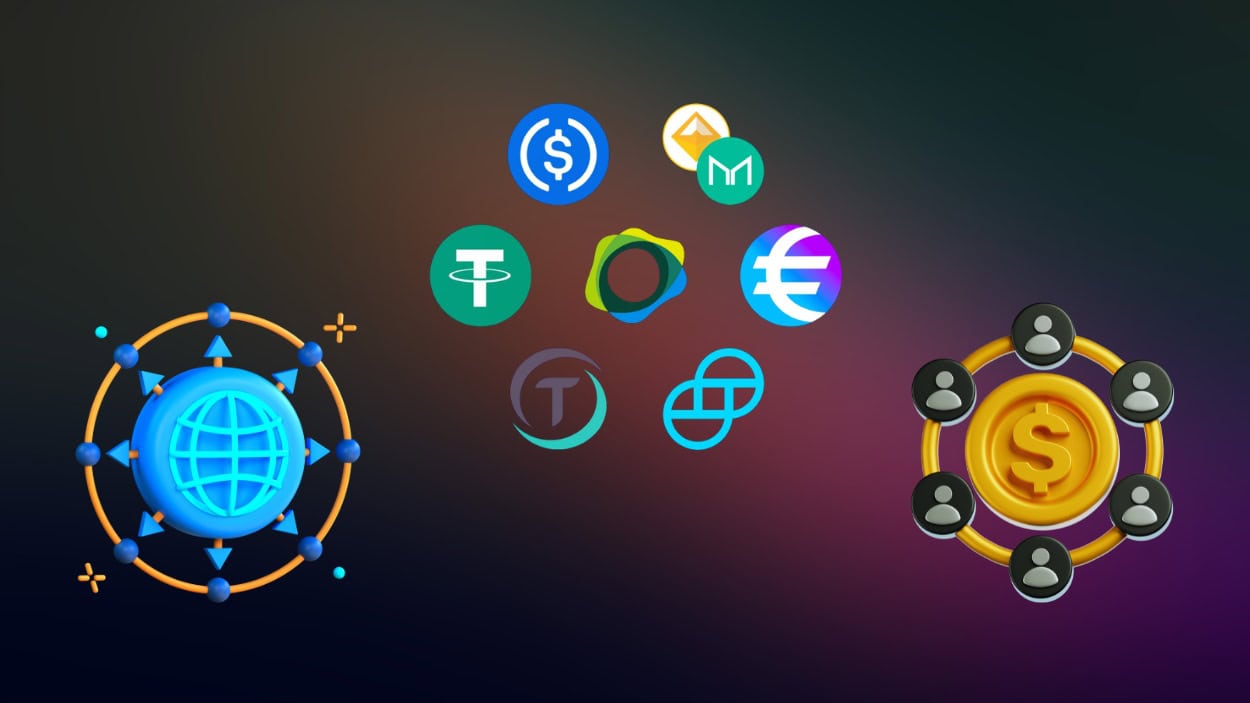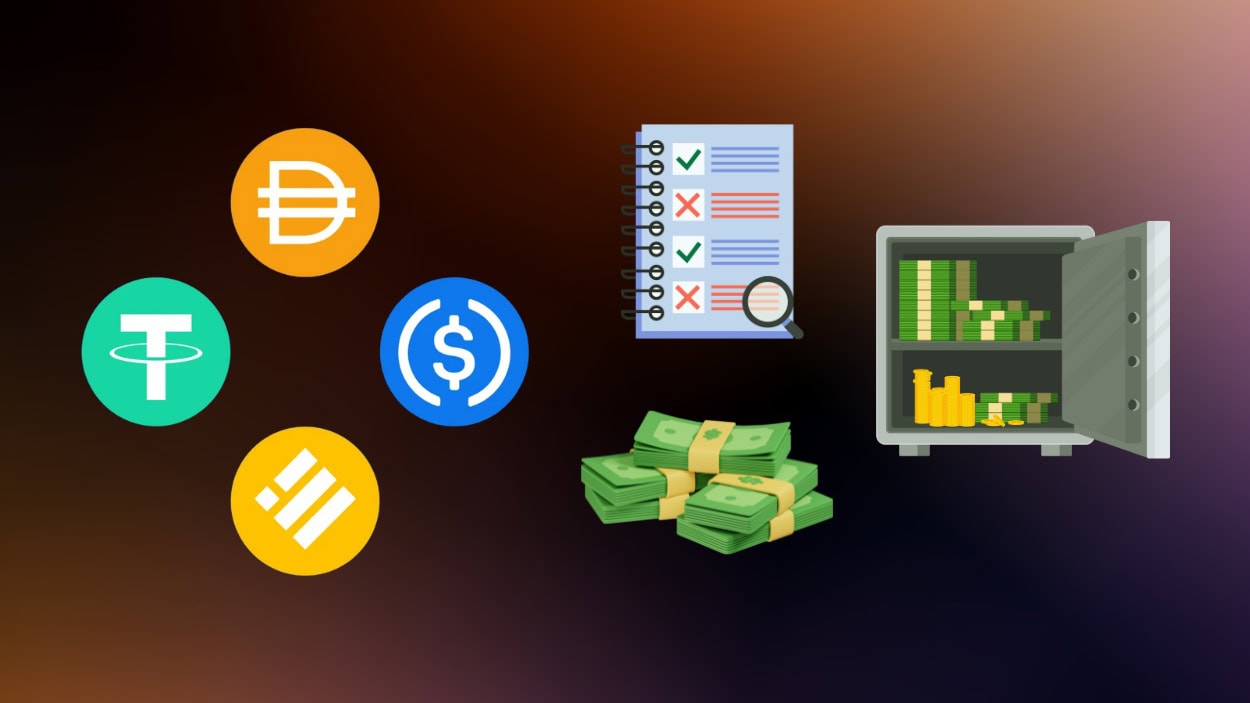DBS, Franklin Templeton, and Ripple are teaming up to offer institutional clients access to new trading and lending opportunities through tokenised money market funds and stablecoins on the XRP Ledger blockchain.
Key Takeaways
- DBS, Franklin Templeton, and Ripple have signed an MOU to develop digital asset solutions leveraging tokenised money market funds and Ripple’s stablecoin RLUSD.
- Eligible investors can trade between sgBENJI and RLUSD on DBS Digital Exchange, enabling yield generation even during market volatility.
- The partnership allows the use of sgBENJI tokens as collateral, unlocking new lending and liquidity opportunities.
- Franklin Templeton will issue sgBENJI on the XRP Ledger, citing speed, efficiency, and low costs as reasons for the choice.
What Happened?
DBS, Southeast Asia’s largest bank, is working with U.S. asset manager Franklin Templeton and blockchain firm Ripple to build a digital trading and lending ecosystem tailored to institutional investors. The collaboration focuses on the use of tokenised money market funds and Ripple’s regulated U.S. dollar stablecoin (RLUSD), deployed on the XRP Ledger.
Introducing the next building block of onchain markets – we’re partnering with @DBSbank and @FTI_Global to establish repo markets powered by tokenized collateral and stablecoins: https://t.co/vFTL32XO8C
— Ripple (@Ripple) September 18, 2025
Investors will be able to use $RLUSD to trade for Franklin Templeton’s money…
A New Milestone in Tokenised Finance
The collaboration was formalised through a Memorandum of Understanding (MOU) signed by the three parties. At the heart of the initiative is the listing of sgBENJI, a tokenised version of Franklin Templeton’s onchain U.S. Dollar Short-Term Money Market Fund, on the DBS Digital Exchange (DDEx). Alongside sgBENJI, the Ripple USD (RLUSD) stablecoin will also be listed.
This listing will enable accredited and institutional investors to trade seamlessly between the stablecoin and the yield-bearing money market fund token. This trading capability operates 24/7, providing real-time liquidity and reducing the delays and volatility typically associated with traditional markets.
Unlocking Lending Through Collateralised Tokens
In a planned next phase, DBS aims to expand the utility of sgBENJI tokens by allowing them to be used as collateral for loans. This could be done either through repurchase transactions (repos) with DBS itself or by partnering with third-party lending platforms where DBS would act as a trusted collateral agent.
This means that clients holding sgBENJI tokens can unlock liquidity while retaining their exposure to the fund’s yield. It opens the door to real-world use cases where digital asset holders can manage risk, optimise returns, and access credit markets more efficiently.
XRP Ledger Chosen for Tokenisation
Franklin Templeton will issue sgBENJI tokens on the XRP Ledger, an enterprise-grade blockchain. The XRP Ledger was selected due to its low transaction fees, fast settlement times, and reliability in handling high-volume, low-latency transactions. Adding XRP Ledger to its existing tokenisation platforms also helps Franklin Templeton boost interoperability across blockchain networks.
According to Lim Wee Kian, CEO of DBS Digital Exchange:
Ripple’s Nigel Khakoo, VP and Global Head of Trading and Markets, called the deal a game changer, highlighting how the collaboration brings together stability, yield, and trust in a single digital ecosystem.
Growing Appetite for Digital Assets
The announcement comes at a time when institutional interest in digital assets is accelerating. A recent survey from EY-Parthenon and Coinbase revealed that 87% of institutional investors expect to allocate funds to digital assets in 2025. This partnership reflects that momentum, offering regulated, enterprise-grade tools for managing digital portfolios.
Franklin Templeton’s Head of Digital Assets, Roger Bayston, stated that the collaboration with DBS and Ripple represents a significant step forward in Asia’s digital asset ecosystem, emphasizing how blockchain and tokenisation unlock new financial use cases.
CoinLaw’s Takeaway
In my experience, real breakthroughs in crypto happen when traditional finance players start building usable infrastructure. This partnership is one of those rare moments. DBS is a serious institution, and Franklin Templeton isn’t exactly throwing darts in the dark. The ability to switch between a stablecoin and a yield-generating asset at any time, use that asset as collateral, and do all this within a trusted, regulated ecosystem? That’s real innovation. It’s not just blockchain hype. It’s smart, it’s scalable, and it’s what institutional investors have been waiting for. I found the choice of XRP Ledger especially telling. It shows this isn’t just about clout or PR. It’s about choosing the right tool for the job.

